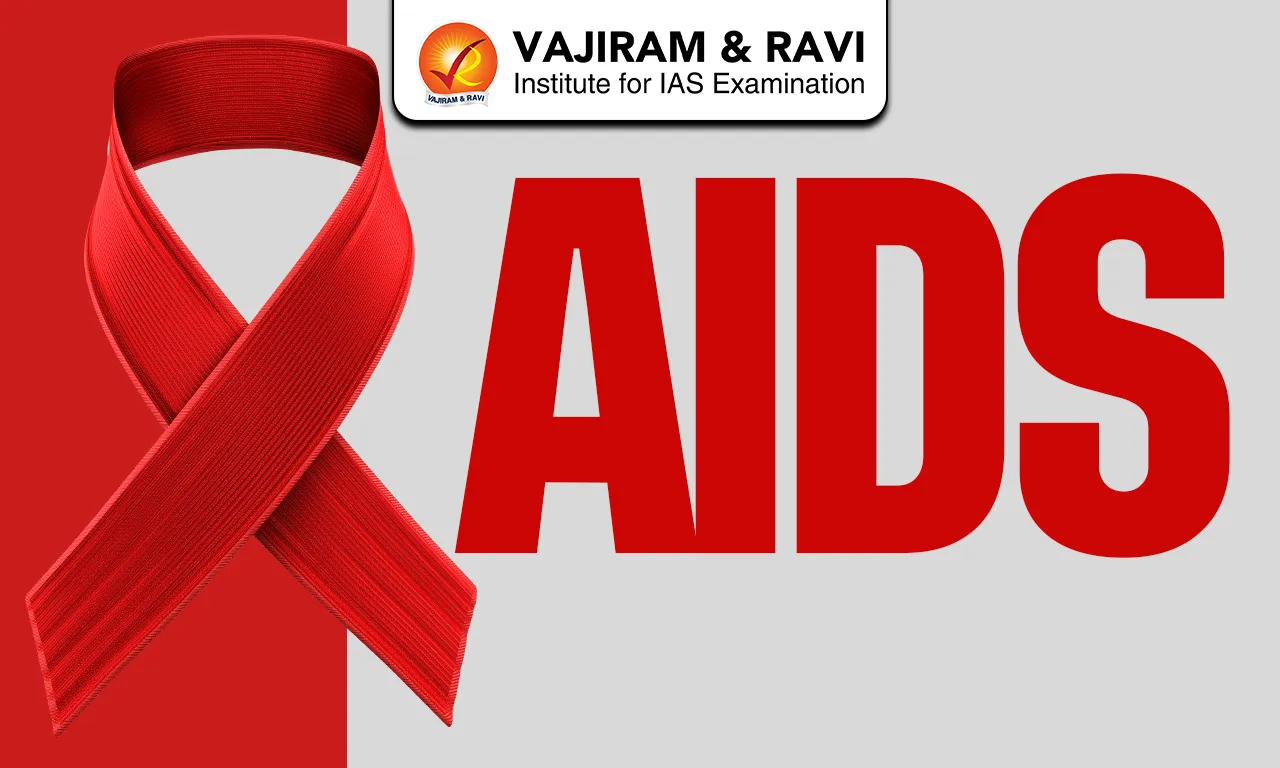About Section 153A of the IPC
- Section 153A of the IPC attempts to punish those who engage in promoting any kind of enmity among different groups on the basis of religion, caste, race, place of birth or residence, or even language.
- The provision puts a liability on those who
- Spread enmity in the form of words (spoken or written), visual representations, and signs with the intention of causing disharmony, hatred, or disturbance among people belonging to different groups, religions, castes, or communities.
- Spread disharmony and disturb the public tranquility of the people belonging to different racial and religious groups.
- Aid in the organising of certain movements, drills that encourage as well as train the participants of such movements to use criminal force and violence upon people belonging to other racial and religious groups and communities.
- Offence on moral turpitude is also covered in this section.
- The offence is a cognizable offence and the punishment for the same may extend to three years, or with fine, or with both.
- However, the punishment of the offence committed in a place of worship is enhanced up to five years and a fine.
- Further, the offence under Section 153A is non-bailable in nature, wherein the accused is tried by the magistrate of the first class.
Q1) What is a cognizable offence?
A Cognizable offense or case is defined as the one which an officer in-charge of a police station may investigate without the order of a magistrate and effect arrest without warrant. The Police have a direct responsibility to take immediate action on the receipt of a complaint or of credible information in such crimes, visit the scene of the crime, investigate the facts, apprehend the offender and arraign him before a Court of law having jurisdiction over the matter.
Last updated on March, 2026
→ UPSC Notification 2026 is now out on the official website at upsconline.nic.in.
→ UPSC IFoS Notification 2026 is now out on the official website at upsconline.nic.in.
→ UPSC Calendar 2026 has been released.
→ UPSC Final Result 2025 is expected to be released soon.
→ Check out the latest UPSC Syllabus 2026 here.
→ Join Vajiram & Ravi’s Interview Guidance Programme for expert help to crack your final UPSC stage.
→ UPSC Mains Result 2025 is now out.
→ UPSC Prelims 2026 will be conducted on 24th May, 2026 & UPSC Mains 2026 will be conducted on 21st August 2026.
→ The UPSC Selection Process is of 3 stages-Prelims, Mains and Interview.
→ Prepare effectively with Vajiram & Ravi’s UPSC Prelims Test Series 2026 featuring full-length mock tests, detailed solutions, and performance analysis.
→ Enroll in Vajiram & Ravi’s UPSC Mains Test Series 2026 for structured answer writing practice, expert evaluation, and exam-oriented feedback.
→ Join Vajiram & Ravi’s Best UPSC Mentorship Program for personalized guidance, strategy planning, and one-to-one support from experienced mentors.
→ Check UPSC Marksheet 2024 Here.
→ UPSC Toppers List 2024 is released now. Shakti Dubey is UPSC AIR 1 2024 Topper.
→ Also check Best UPSC Coaching in India


















